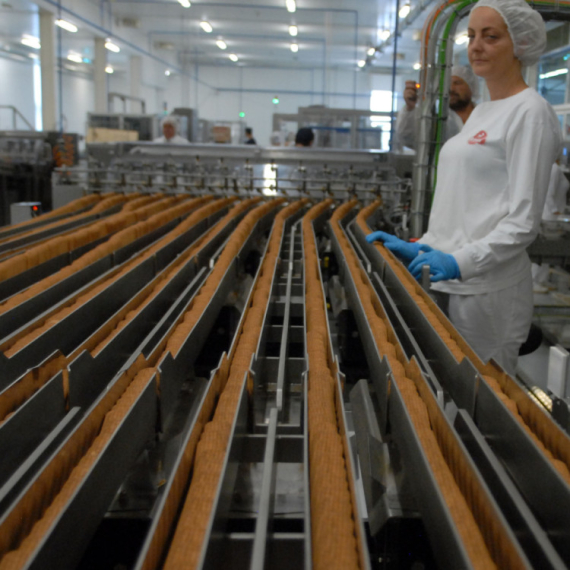During the summer tourist season, around 10,000 workers from Serbia go to work seasonally in Croatia, mainly in the hospitality and tourism sectors on the coast. Croatia has introduced new stricter legal regulations for employing foreign workers, including issuing work permits exclusively to specific employers, mandatory registration of workers, equal working conditions and pay as domestic workers, and a mandatory labor market test to verify the availability of local candidates for the job. These changes aim to protect the rights of foreign workers and prevent abuses in the temporary employment sector. Employers and agencies now share joint responsibility for working conditions, and violations of regulations can lead to fines and bans on employing foreigners.
Political Perspectives:
Left: Left-leaning sources emphasize the protection of workers’ rights, highlighting the importance of equal pay and working conditions for foreign workers compared to domestic employees. They focus on the social justice aspect of the new regulations and the prevention of exploitation of seasonal workers from Serbia.
Center: Center-leaning sources report the new regulations as necessary legal reforms aimed at organizing the labor market and ensuring compliance with labor laws. They present the changes as a balanced approach to protect both workers and employers, emphasizing the administrative procedures and responsibilities introduced.
Right: Right-leaning sources focus on the economic and regulatory aspects, stressing the need to protect the domestic labor market and prevent abuse of foreign labor. They highlight the stricter controls and the labor market test as measures to prioritize local workers while still allowing foreign seasonal workers under regulated conditions.







































